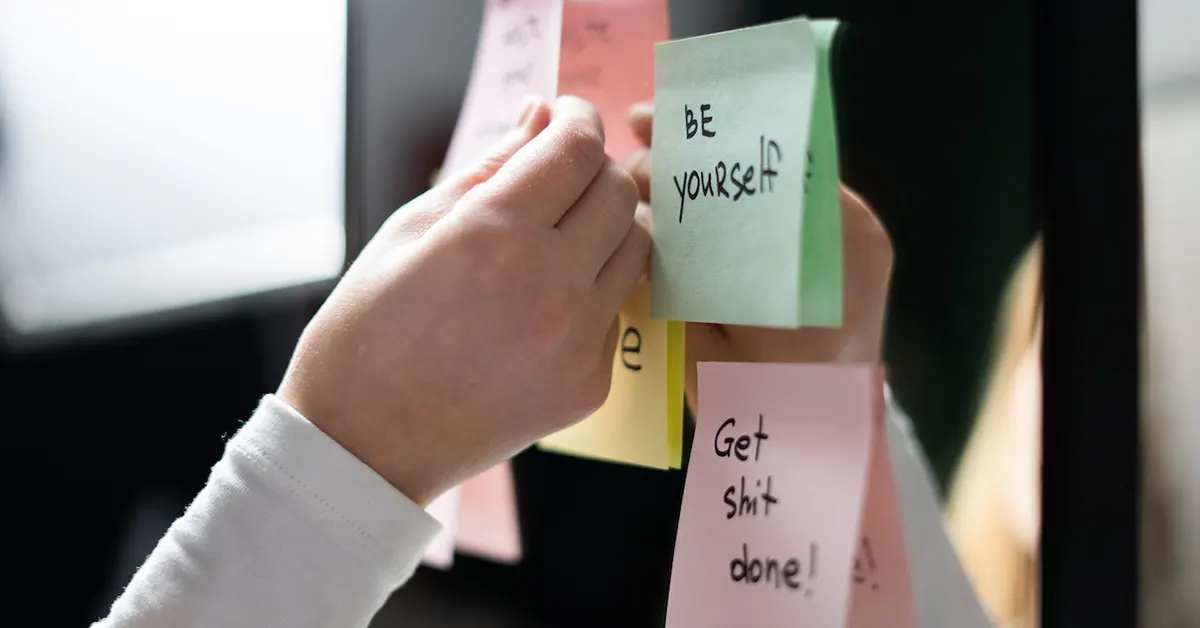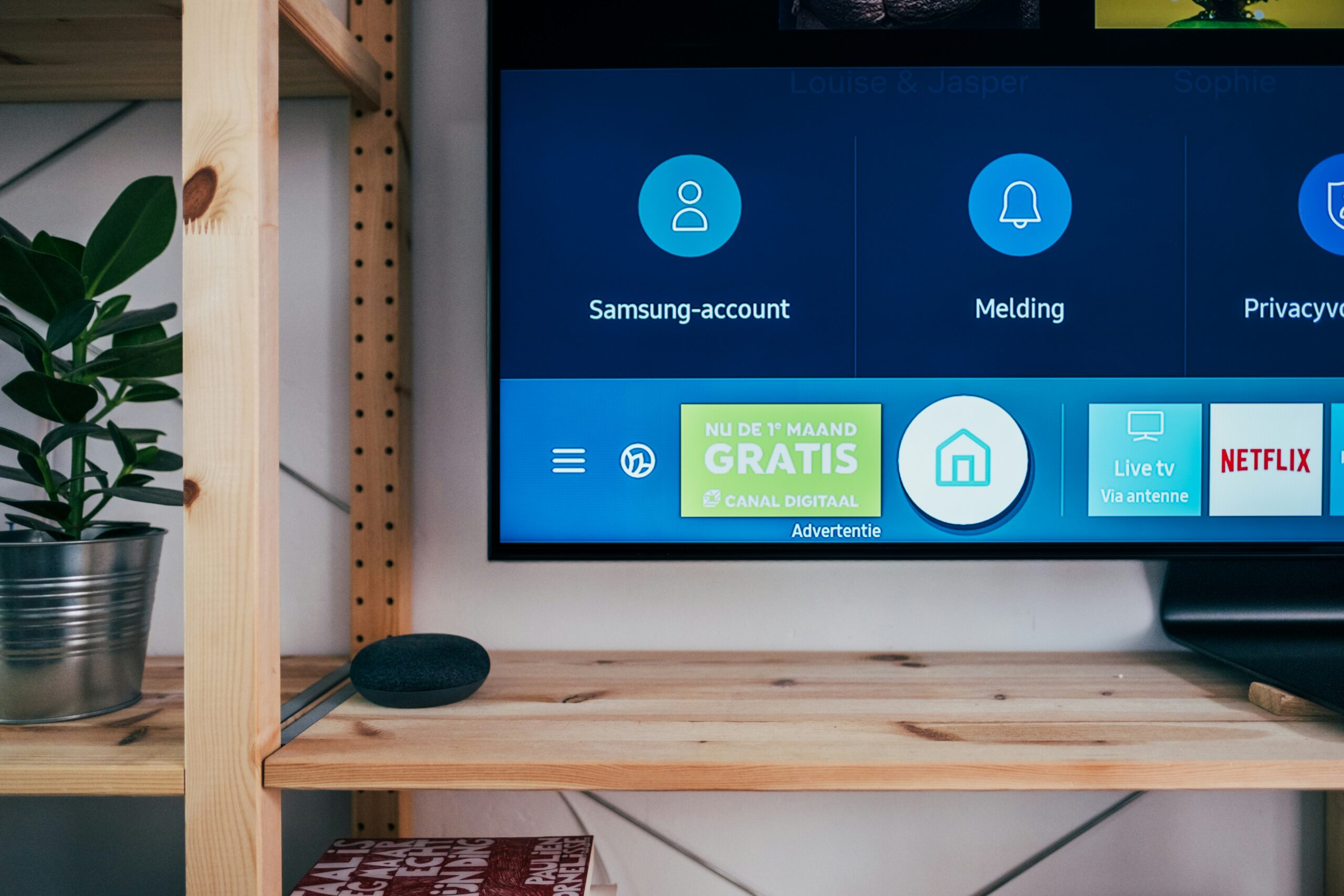
How to Stop Putting Things Off and Get Shit Done
I’m a bit of a self-improvement junkie. I always have areas in my life that I want to improve.
*looks nervously at 284 unanswered emails and half a dozen unfinished blog posts…* ಠ_ಠ
As a I Will Teach You To Be Rich reader, maybe you do too. And perhaps, like me, you notice little quirks in your behavior that are often counterproductive to your goals.
In particular, we say we’ll do something — like set up that online dating profile, start running at 6 a.m. every Monday and Friday (ha!), work on that sales page two months one week before launch, etc. — and instead of actually doing it, somehow we tell ourselves, “I don’t have time or energy now, so I’ll do it in an hour/later/eventually.”
There are definitely a number of cognitive biases at work here. When we try to delay the inevitable, we tend to depend on our “future selves” to take care of those things. Like a Mary Poppins who’ll swoop in and make things right.

And join over 800,000 readers getting our Insiders newsletter, where we share exclusive content that’s not on the blog:
Jerry Seinfeld keepin’ it real about “future us” problems.
For example, when I’m following a weight loss plan, I’d place a tremendous amount of pressure on “future Stephanie” to make me proud and say no to that tiramisu cheesecake that’s RIGHT IN FRONT OF HER. Or when a new email funnel for a launch needs to be written, that’s future Stephanie’s problem (good luck, me!).
And sometimes future Stephanie succeeds, but more often than not she stumbles, falls flat on her face, and yells, “@#$&!!”
Even though I *know* from countless times that handing off the deal-with-it baton for important matters to my future self doesn’t automatically help me, I continue to do it with the hope that maybe — just maybe — future me will do things differently than present me. That somehow she’ll have more willpower, more time, and more motivation, and make decisions that are unlike me.
In The Willpower Instinct, the author Kelly McGonigal explains that we tend to view future versions of ourselves as if they were a complete stranger. It’s comforting to think that that stranger can be the opposite of us.
Not-us might go through their pages of notes about business ideas and try to do something with them. They might write their sales page way before it needs to be done. They might go for a run before the day starts.
Because those are all things that our idealized version of ourselves would do!
But reality bites. Future us isn’t a stranger. They’re the same person — maybe slightly more anxious now probably because of some task left neglected… They’re still strapped on time, feeling unmotivated to work on the thing they keep procrastinating on, and tempted to push things off to future-future us. And on and on the cycle rages on…
…at least, if you let it.
Here’s something present you probably doesn’t want to hear: Relying on future you, a presumed stranger, is you refusing to take ownership of your own success and your life. Many of us have been raised by parents who seemingly waved a magic wand that took care of so many things for us, without us doing the heavy lifting. It was damn nice.
But that magic wand is being waved no more. If you want something, you have to take matters into your own hands.
If you won’t do it now, future you sure as hell won’t either.
Recognize that it’s your responsibility to take responsibility and do something now. Future you will not write that book, start that business, or lose 25 pounds if you keep avoiding them now.
In fact, future you depends on the present you to make key decisions to set her up for success.
The key isn’t to change who you are fundamentally and then beat yourself up when you didn’t change as much as you thought you could. Rather, it’s to focus on changing your decisions and subsequently your actions in those critical moments.
For example, the next time you catch yourself saying that you’ll reach out to five customers, brainstorm an email funnel to promote a new product, or set up your email list, you have an important choice to make:
Do it for future you for actual change;
or do it for current you and stay the same.
Future you isn’t some person who will save you. It’s a version of you that needs help and support. Future you is weaker than you are in this very moment. But you can change that.
Here are some questions to ask yourself to help you essentially trick your brain into starting something sooner rather than later.
- How will making the decision to work on this NOW make me feel in 30 minutes, a day, or a week from now? It helps me to think of how future Stephanie will be so, SO grateful that I take action now, and this becomes a no-brainer. And just like that — small daily actions can build up your momentum and give you compounding results, day after day.
- If it’s important to you, are you really spending as much time and energy on it as you should? Something that is a top priority becomes your primary focus.
- How well do you understand the steps necessary to get this task done? Henry Ford said, “Nothing is particularly hard if you divide it into small jobs.” I’ve found that oftentimes refusing to work on something is a sign that a task is “too big” and needs to be broken down into smaller, more easily manageable steps.
- Can you make significant progress in 30 minutes? Sometimes all you need is 30 minutes to get some focused work done. Anyone can manage 30 minutes.
The amounts of time and energy you spend on something are the two biggest indicators of what’s important in your life. And if you always push that thing off, spending neither time nor energy, then maybe it just isn’t your biggest priority. If you realize that it’s not a priority now, that’s OK!
At least you are honest with yourself and can reallocate your energy and other resources to those things that ARE. That’s one of the most compassionate things you can do for yourself: both current and future versions.
Ready to improve your habits and level up your life? Download our FREE Ultimate Guide To Habits below.
Written by Ramit Sethi
Host of Netflix's "How to Get Rich", NYT Bestselling Author & host of the hit I Will Teach You To Be Rich Podcast. For over 20 years, Ramit has been sharing proven strategies to help people like you take control of their money and live a Rich Life.



